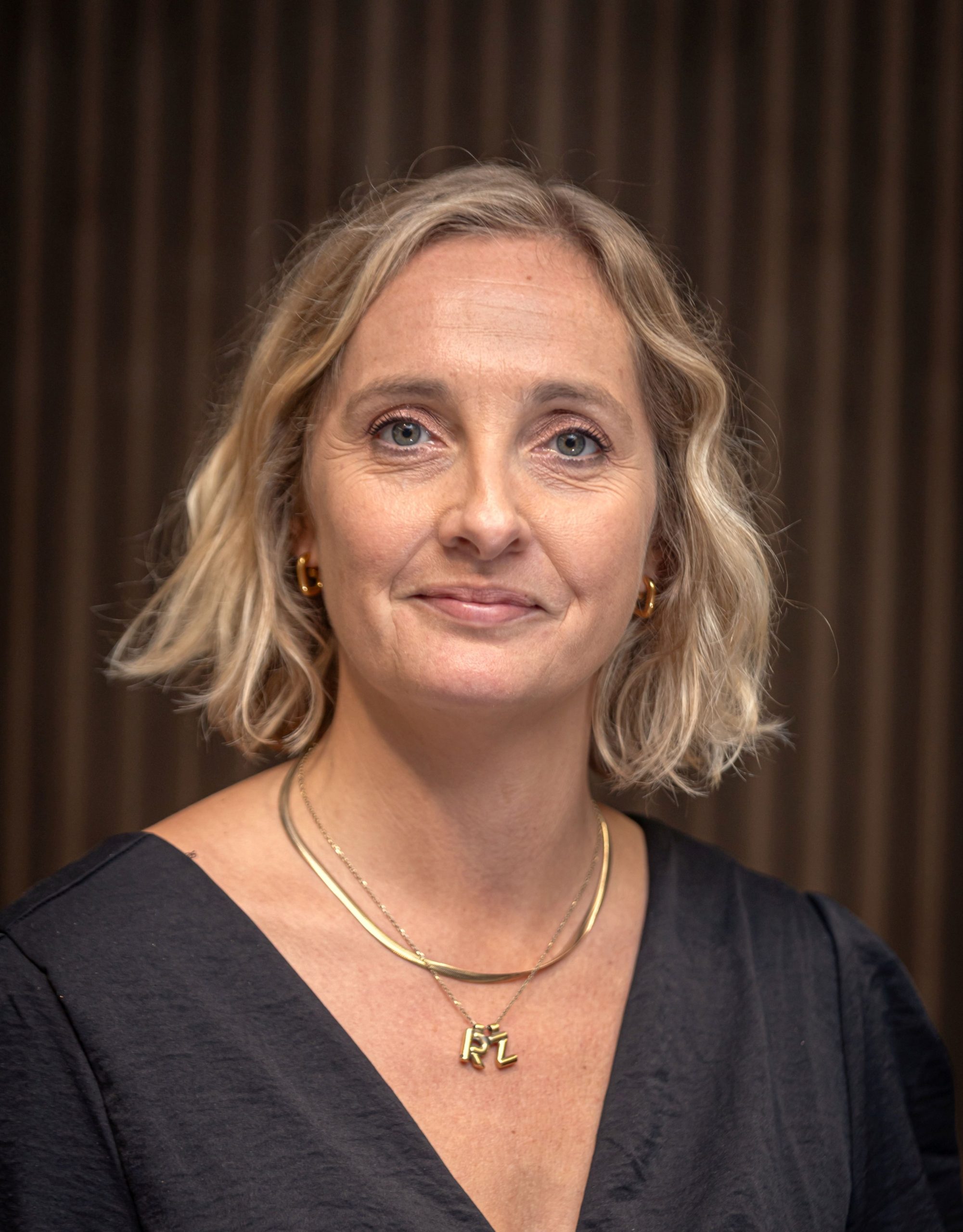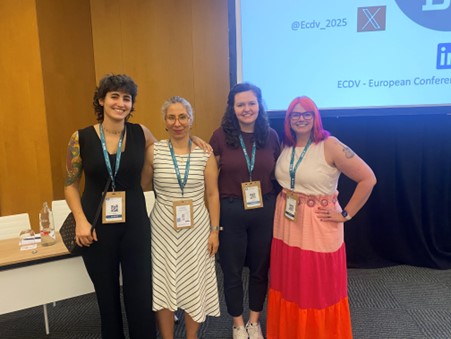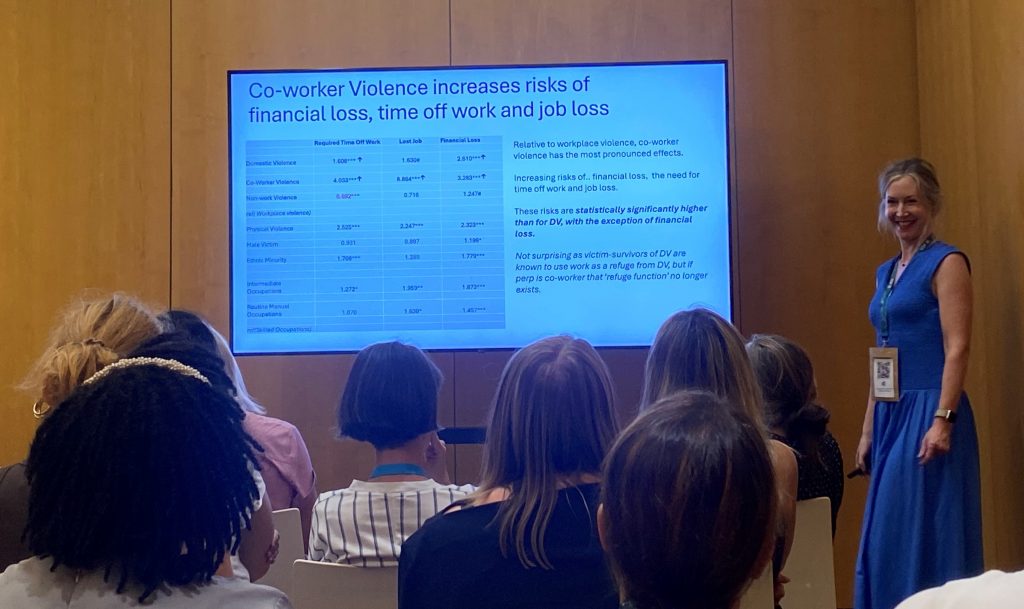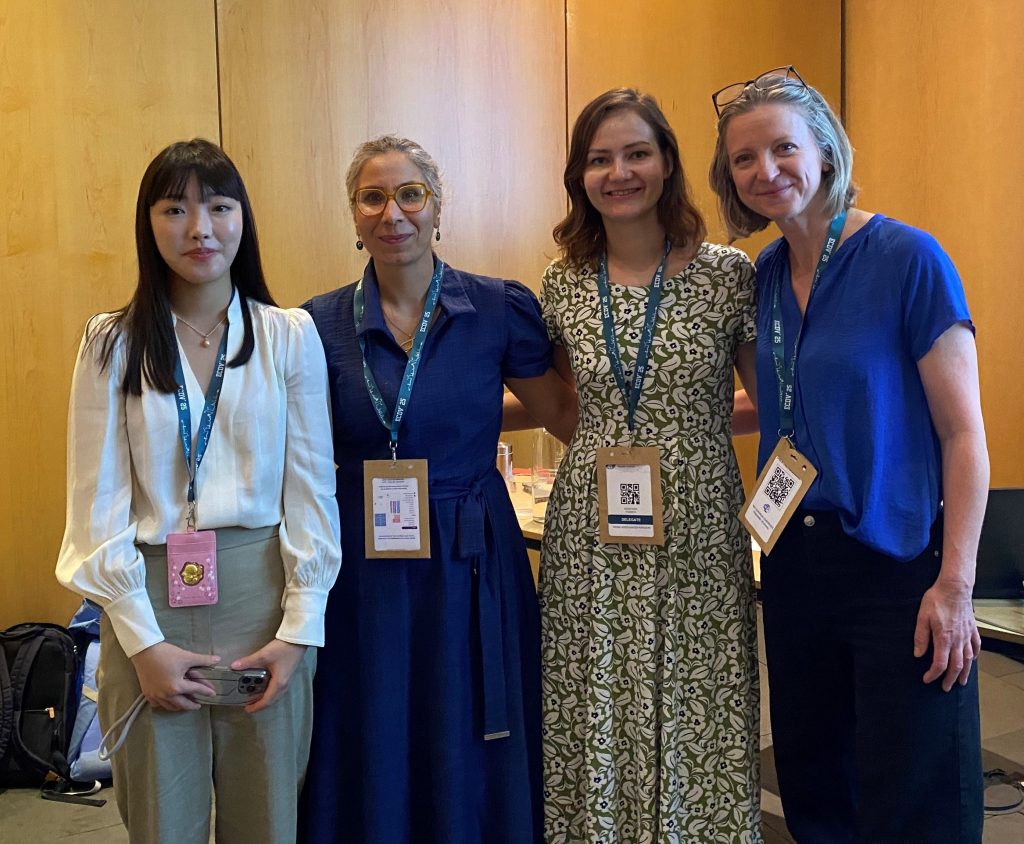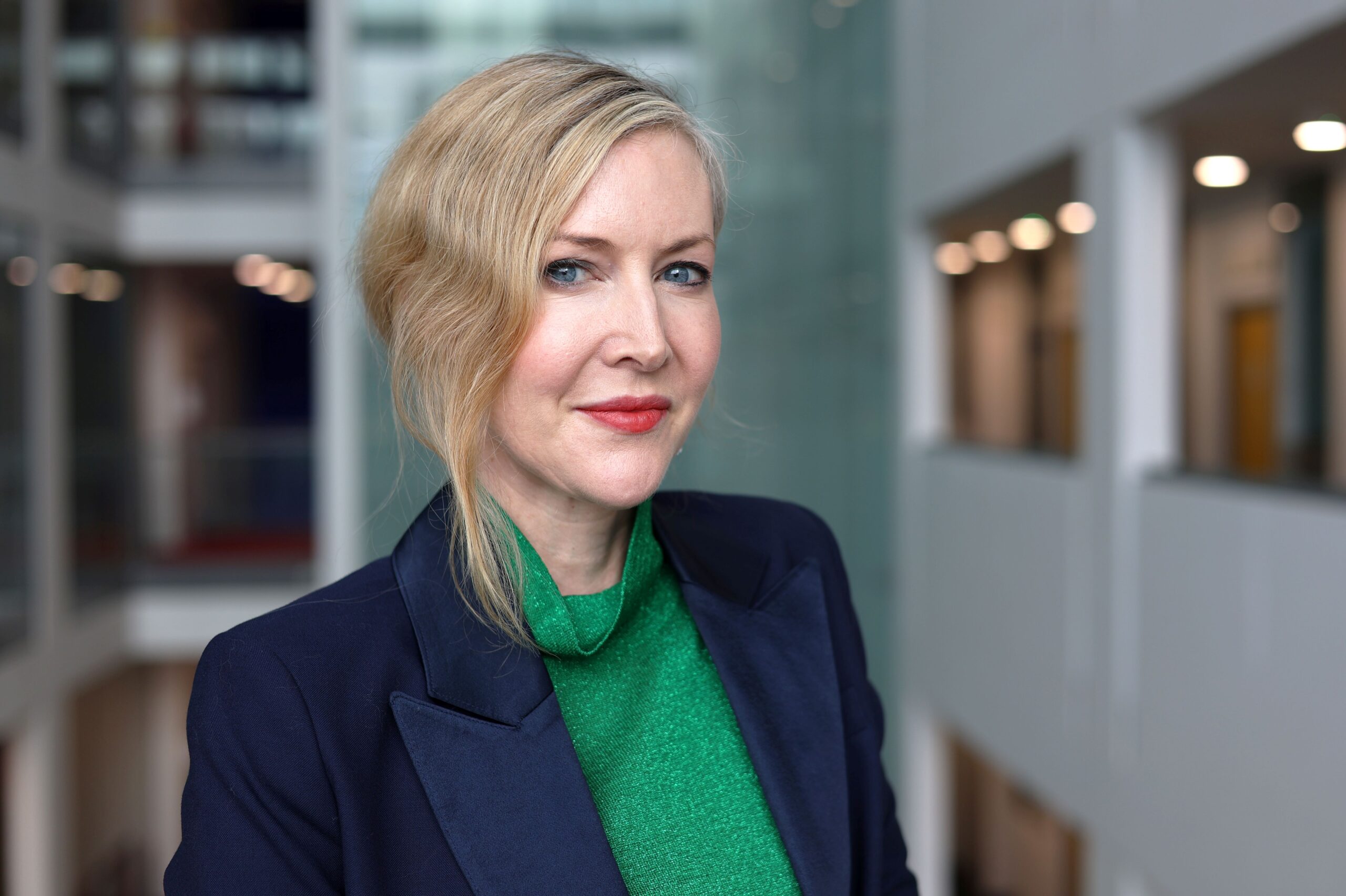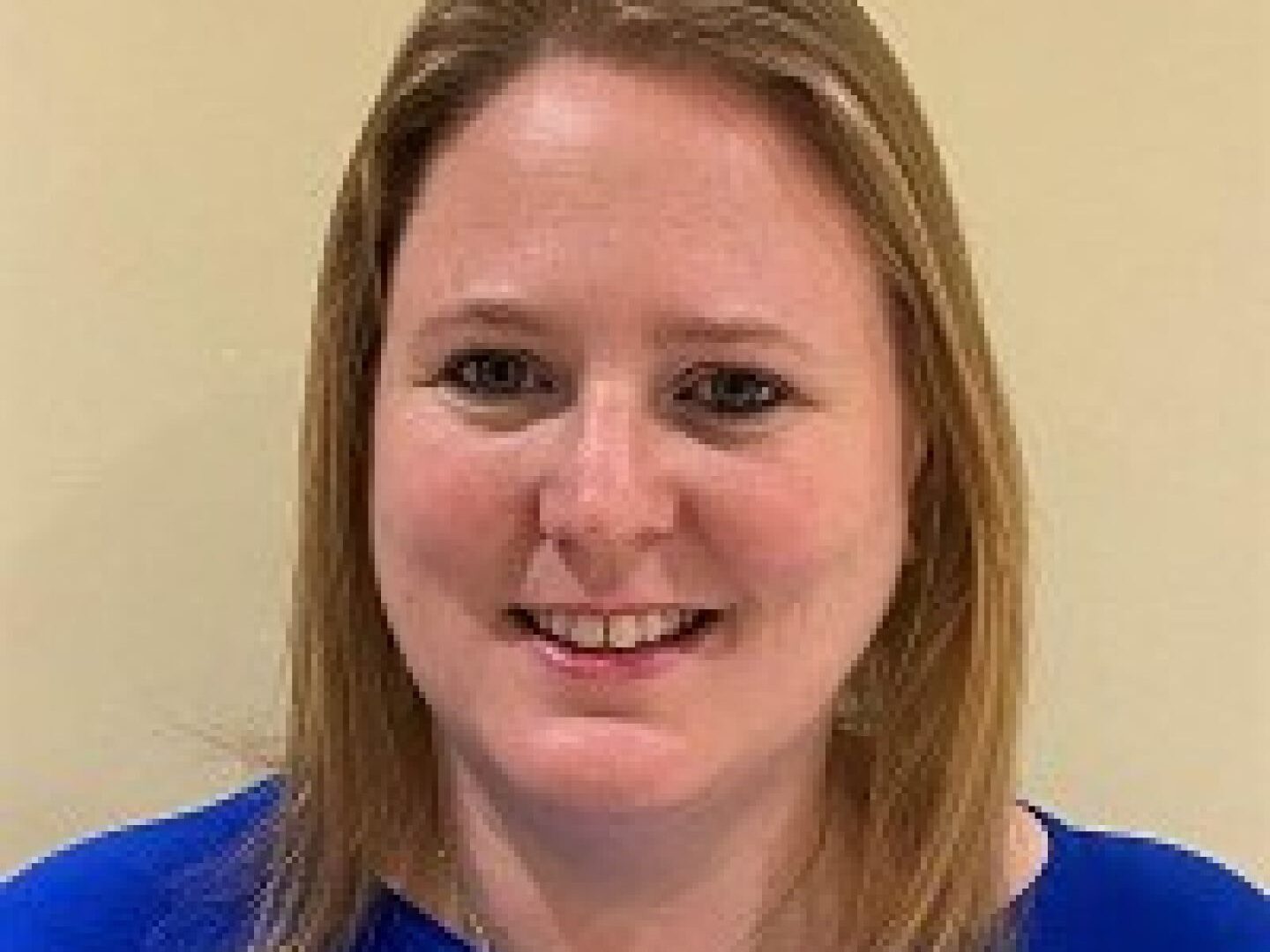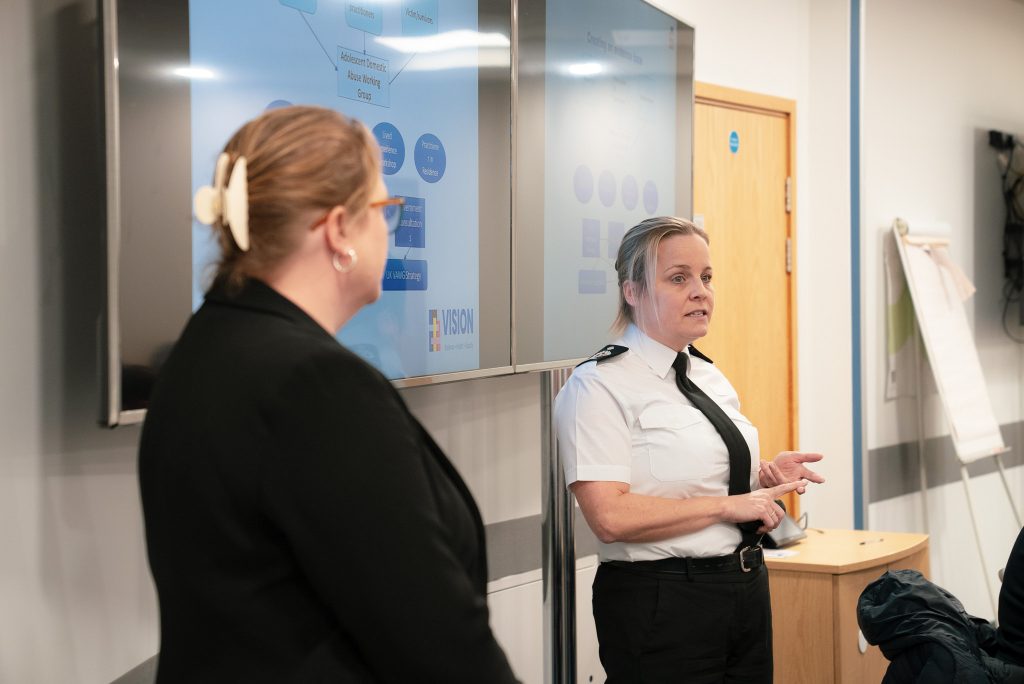VISION is pleased to announce the funding for an exciting new project from the Migrants’ Research Network (MRN). The funding will extend and disseminate MRN’s existing work to:
- understand the nature of far-right violence against migrants in the UK focusing on sites where MRN is currently engaged,
- provide migrants with resources to recognize and understand when significant risk of violence is present, and
- catalogue migrant experiences of violence to feed forward to better understanding and future resourcing of violence prevention.
MRN has worked extensively to support migrants, to build a basis for political participation and advocacy of migrant interests, and to recognize and combat violence and discrimination. In an existing piece of work, MRN created a draft of an ‘explainer’ document for migrants living in temporary accommodations, detailing the nature of racism in the UK, and the rise of far-right violence against migrants, what risks migrants may face, how to recognize potentially violent situations, and what support and resources are available to migrants with insecure status who have experienced or fear experiencing violence.
Given the resurgence of far-right activity, this document can provide a crucial resource to support migrants, providing information to help mitigate fear. However, there is also a significant gap in knowledge regarding the types of violence migrants experience, how these experiences integrate across the life course in the context of previous experiences of violence, and how they affect a sense of safety in place.
This project seeks to fill that gap by integrating lived experience perspectives, and knowledge of those who work closely with migrants experiencing violence, such as caseworkers. Those with lived experience would iteratively revise the current explainer document, to be rolled out via various digital outlets, for broader reach.
While the motivation for this project is the basis of longstanding advocacy work, and academic-practitioner knowledge exchange, the objectives will fully integrate lived experience. The final outputs will be a series of social media posts for circulation and an ‘explainer’ leaflet, co-designed for migrants in insecure accommodation regarding far-right violence. Quantitative data in the form of a survey, and qualitative data collected in the course of discussions regarding the types of violence experienced by migrants and the fear of far-right violence, will generate a report to fill a gap in knowledge regarding violence experienced by people with insecure migration status.
For further information, please contact Andri at andri.innes@citystgeorges.ac.uk
